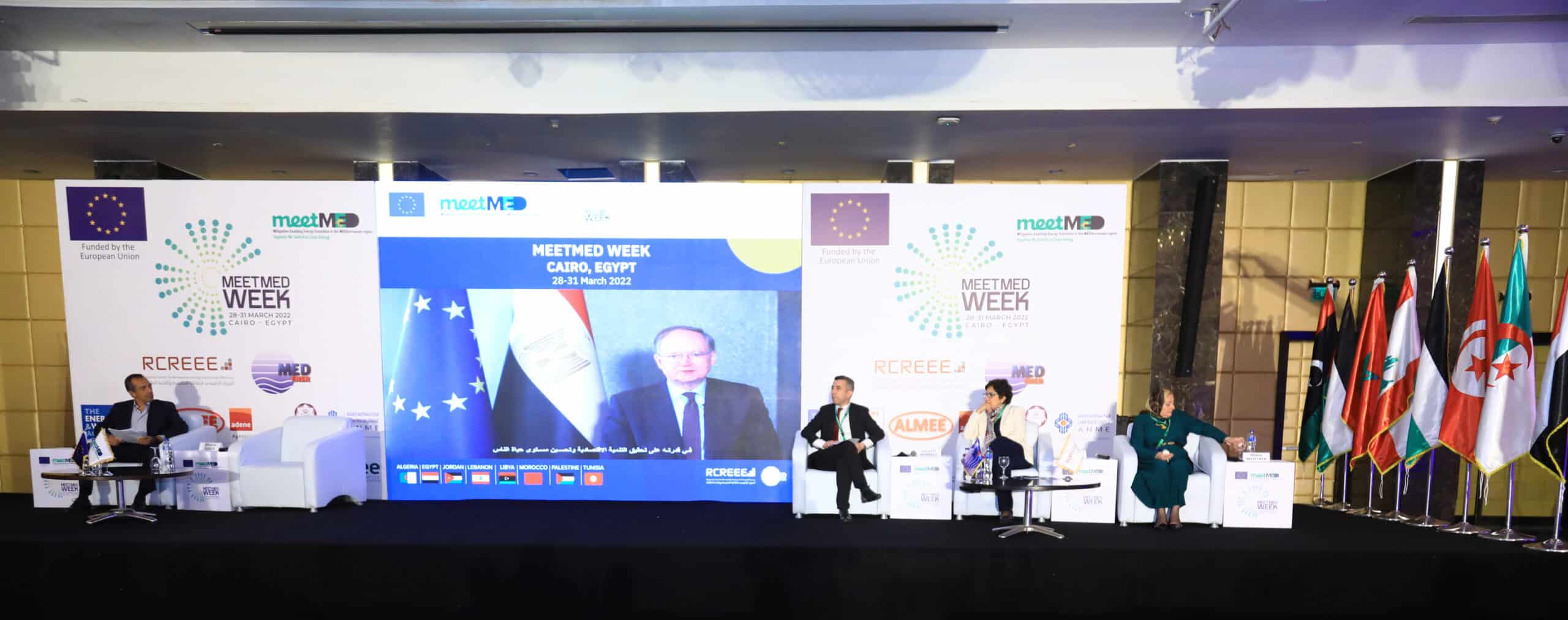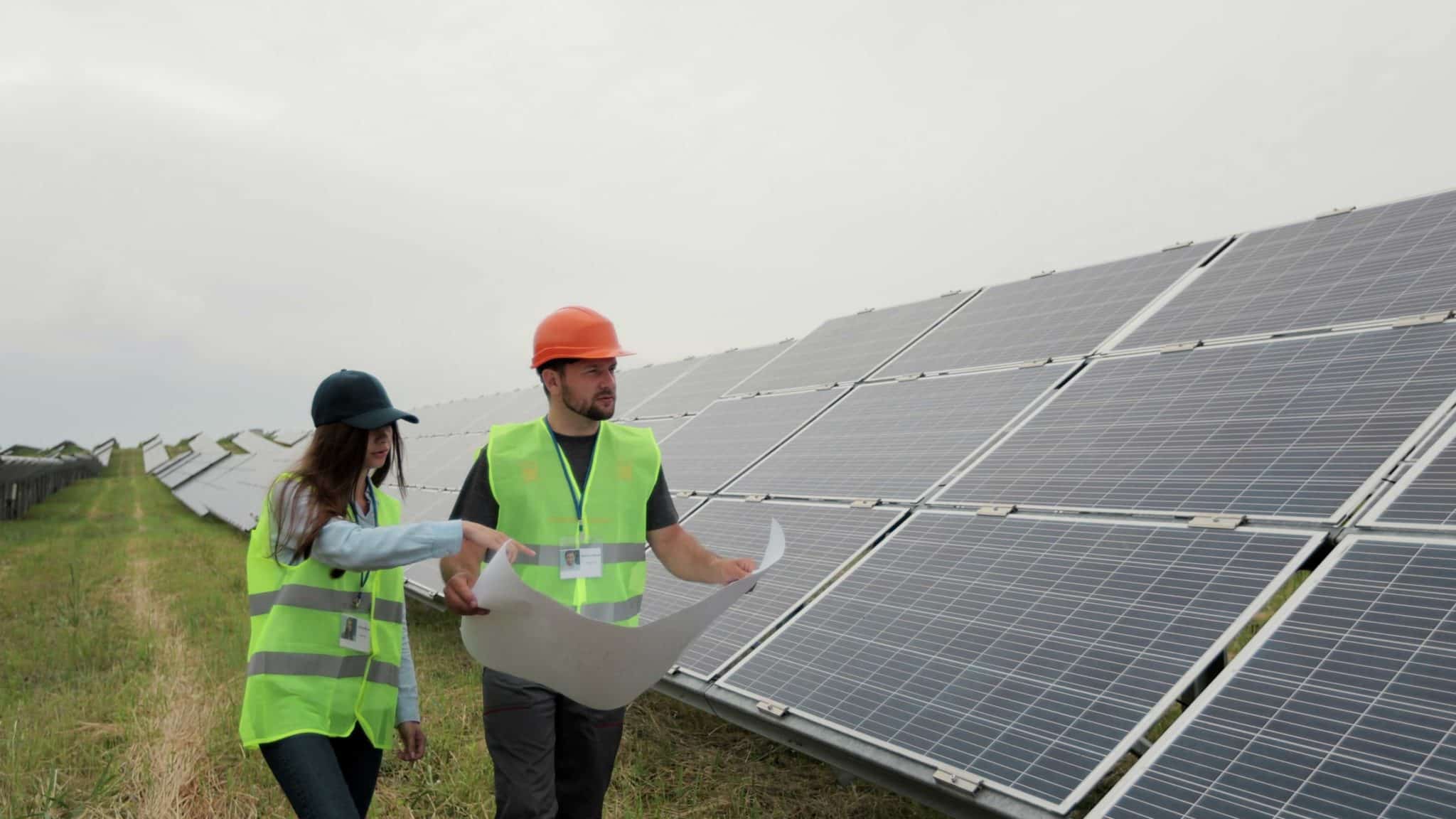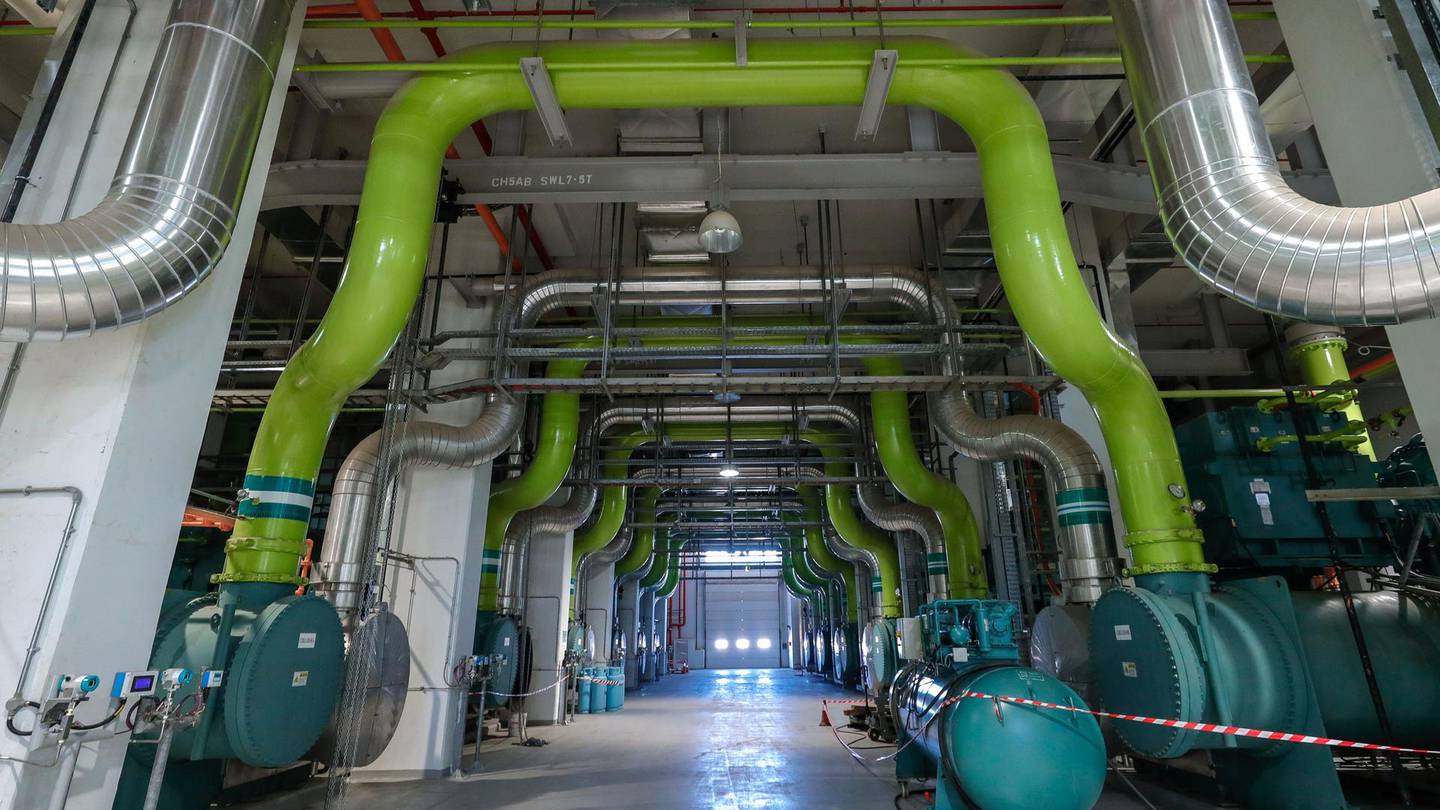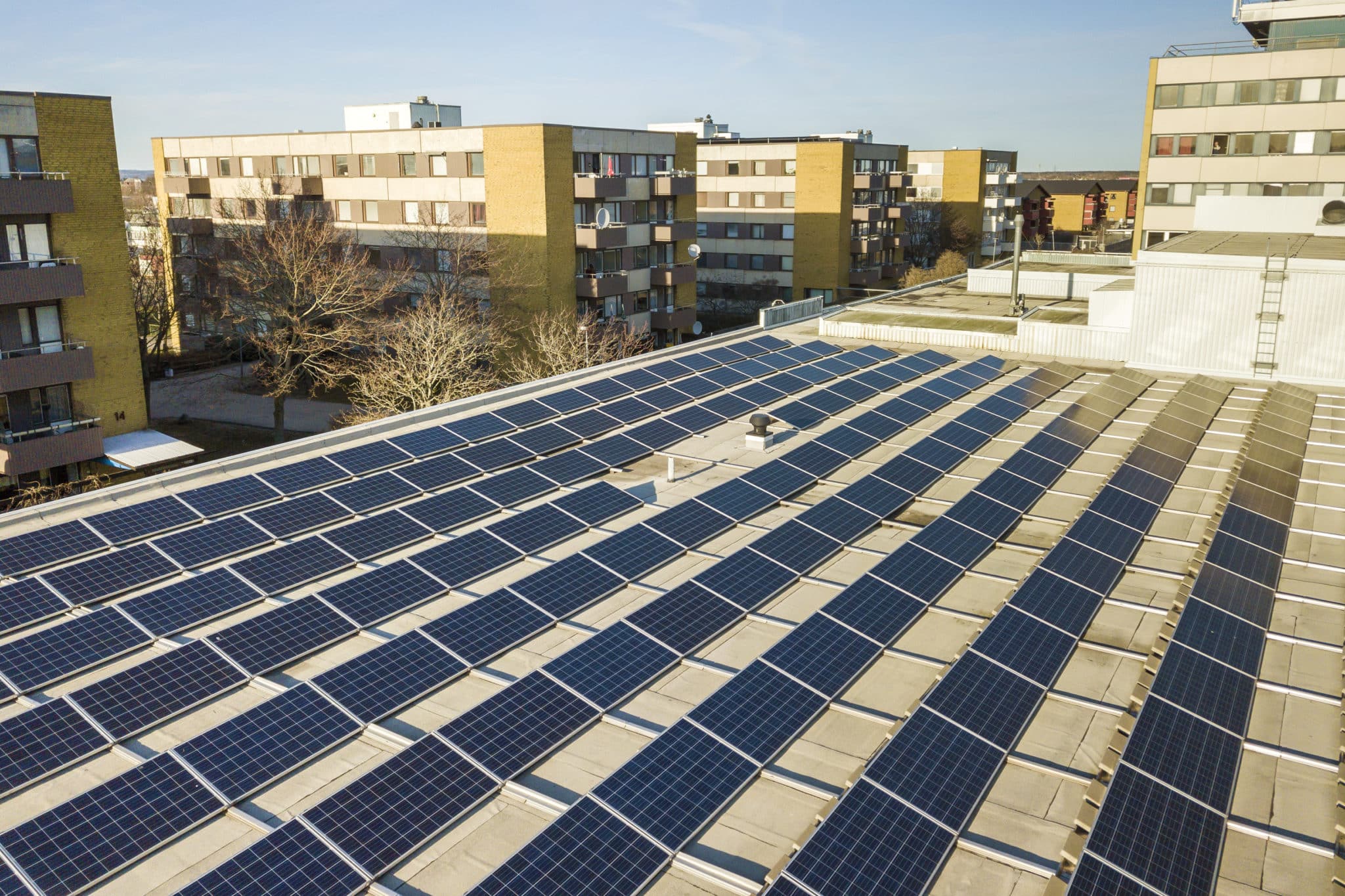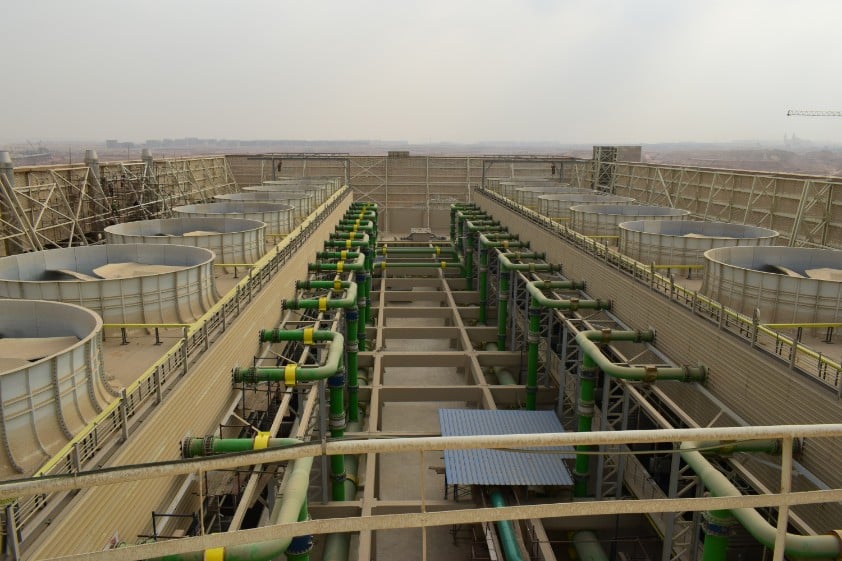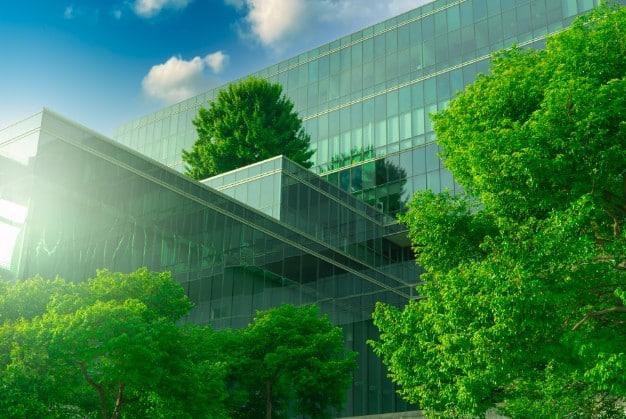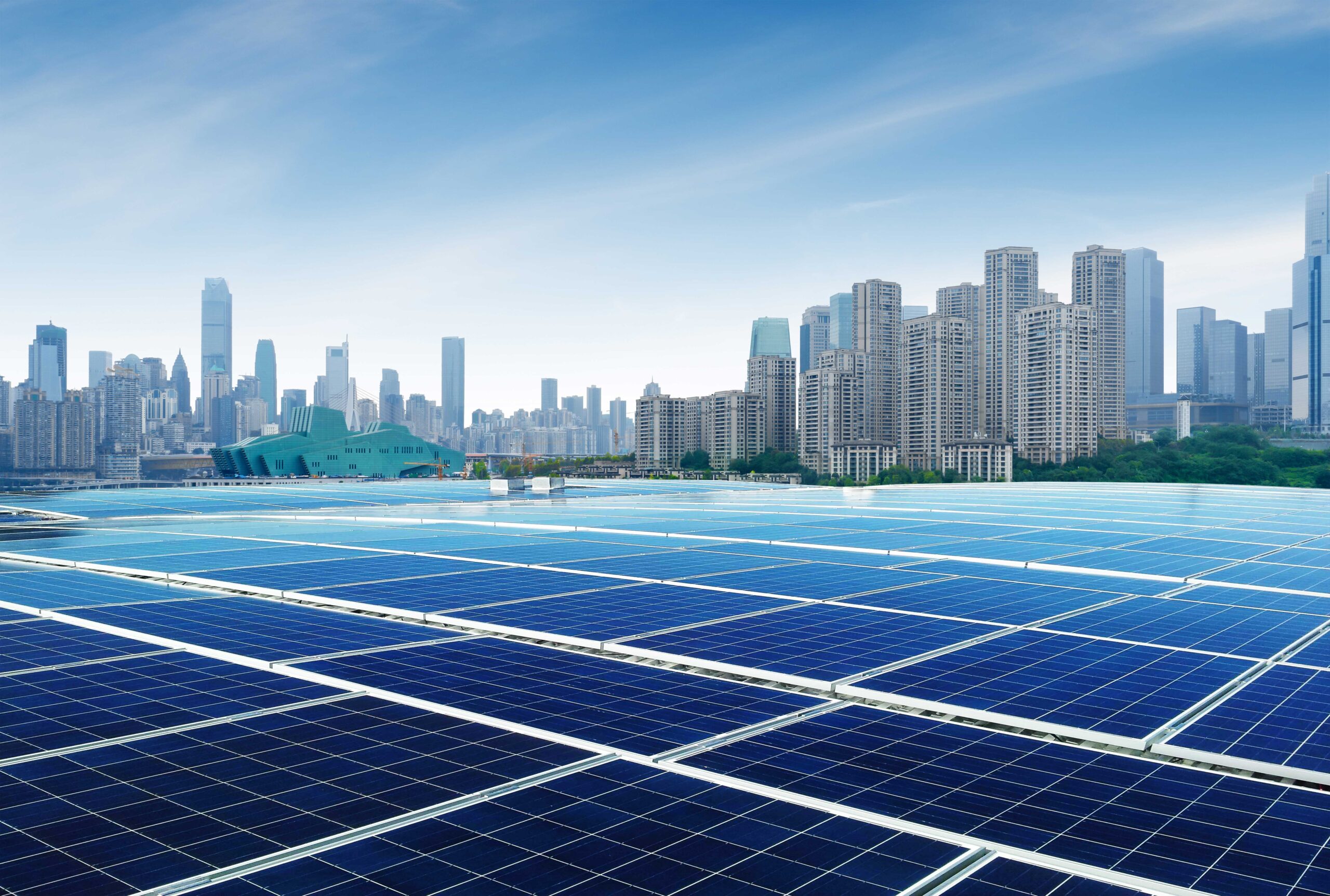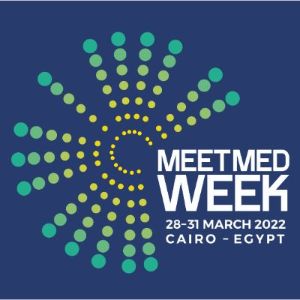Paris – 7 September 2022
In the context of meetMED’s Regional Capacity Development Program on District Cooling, the Regional Centre for Renewable Energy and Energy Efficiency (RCREEE) in cooperation with the Mediterranean Association of the National Agencies for Energy Management (MEDENER) & Ademe, the French Ecological Transition Agency organized a regional consultation workshop on 7th September 2022 in Paris.
As the world shifts toward Sustainability and a Greener Future, it is essential to stay relevant and competitive in the market, as well as stay up to date on the Emerging Cooling Technologies and Evolving District Cooling Trends. District Cooling is a significant energy efficient technology to provide air conditioning and cooling for buildings in entire communities, cities and developments and it is used in large scale throughout the world since more than 20 years.
The workshop – held under meetMED, a Euro-Mediterranean project funded by the European Union – aimed to introduce the existing technologies and experiences in the northern and southern Mediterranean countries, reinforcing knowledge and expertise on district cooling technologies and financing, optimal operations, performances, and implementation mechanisms.
Bringing together key stakeholders representing our beneficiary countries (Algeria, Egypt, Jordan, Lebanon, Libya, Morocco, Tunisia and Palestine), and development partners from the United Nations Environment Program (UNEP) and the European Bank for Reconstruction and Development (EBRD).
During the meeting, UNEP’s experts showcased the District Energy in Cities Initiative, which works under the (UNEP) umbrella and aims to bring together stakeholder groups with diverse capabilities and expertise to deliver market transformation and accelerated uptake of district energy.
The experts also pointed to the potential of district cooling to increase energy efficiency in the Mediterranean region, including district energy systems for heating & cooling and multiple benefits for cities. The event was an opportunity to present the best practices applied in Tunisia and the feasibility assessment of the El Alamein plant in Egypt.
Aiming to increase energy efficiency and reduce environmental impacts, the EBRD expert stated business models in district cooling systems and financing approaches. With an- annual savings of 40,450 MWh of electricity, the key insights of Jordan’s first District Heating and Cooling plant, “Abdali,” financed by the EBRD, were reviewed.
One day earlier, the workshop participants had a chance to visit Fraîcheur de Paris, one of the giant district cooling plants in Europe that recently undertook upgrading measures and can serve as inspiration for other DC systems striving to become more efficient.
These examples of knowledge exchange are needed and will lead to a stepwise improvement of district cooling technologies implementation in the Mediterranean region, thereby contributing significantly to facing the climate change crisis.
Finally, the cooperation with UNEP and EBRD will continue in the first semester of 2023 with additional knowledge sharing sessions and webinars.
For more information, please contact:
Ms. Asmaa AHMED
meetMED II Communication Manager
Email: asmaa.ahmed@rcreee.org



